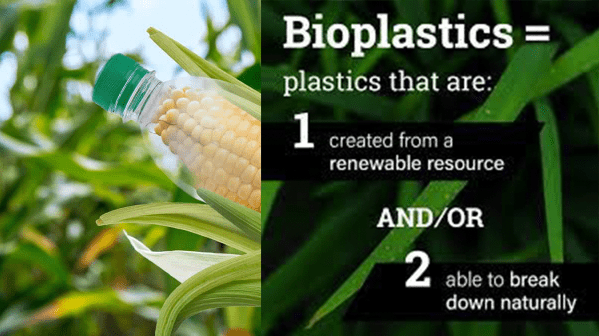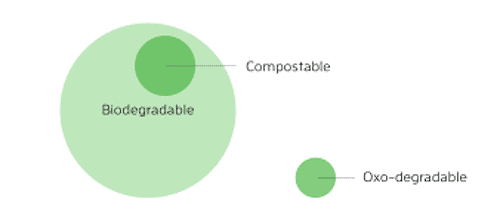Did you know this? I always thought paper would be better than plastic but the truth hurts. Looking for alternatives is not easy.
Paper vs. Plastic Straws: Is Paper Really Better for the Environment?
Many restaurants have banned plastic straws due to their harmful effects on the environment, and have switched to paper alternatives instead. But, are paper straws really better for the environment?
The answer isn’t as simple as you may think:
While it’s true that paper straws aren’t as harmful as plastic straws, this doesn’t mean that they aren’t harmful at all. In fact, paper straws can still have many negative environmental effects, especially if they are improperly disposed of.
First, let’s go over what exactly makes plastic straws so bad for the environment. Then, we’ll go over how paper straws compare to plastic in terms of environmental impact, and why using paper straws might not be the most eco-friendly decision.
What Makes Plastic Straws Bad for the Environment?
Plastic straws (which are single-use items) become a large problem for the environment after they are thrown away.
The USA alone uses over 390 million plastic straws each day (Source: New York Times), and most of those end up either in landfills or polluting the environment.
Plastic straws create a huge problem when they are improperly disposed of. When a plastic straw enters the environment, it can get carried by the wind and rain into bodies of water (like rivers), and eventually enter the ocean. Once there, plastic can be extremely harmful to various marine animals and to the ocean ecosystem. Plastic can be mistaken for food and can choke or kill animals like birds or sea turtles. To make matters worse, plastic straws are not biodegradable, and they aren’t accepted by the majority of curbside recycling programs either. This means that once a plastic straw is used and thrown out, it will always remain in the environment as a piece of plastic.
Read More Here




Pura Vida Bioplastics = Real Certificates USDA BIO-BASED, TUV, BNQ, GREEN AMERICA Home Compostable – Breaks down 3-4 months without Chemicals
Get a Quote